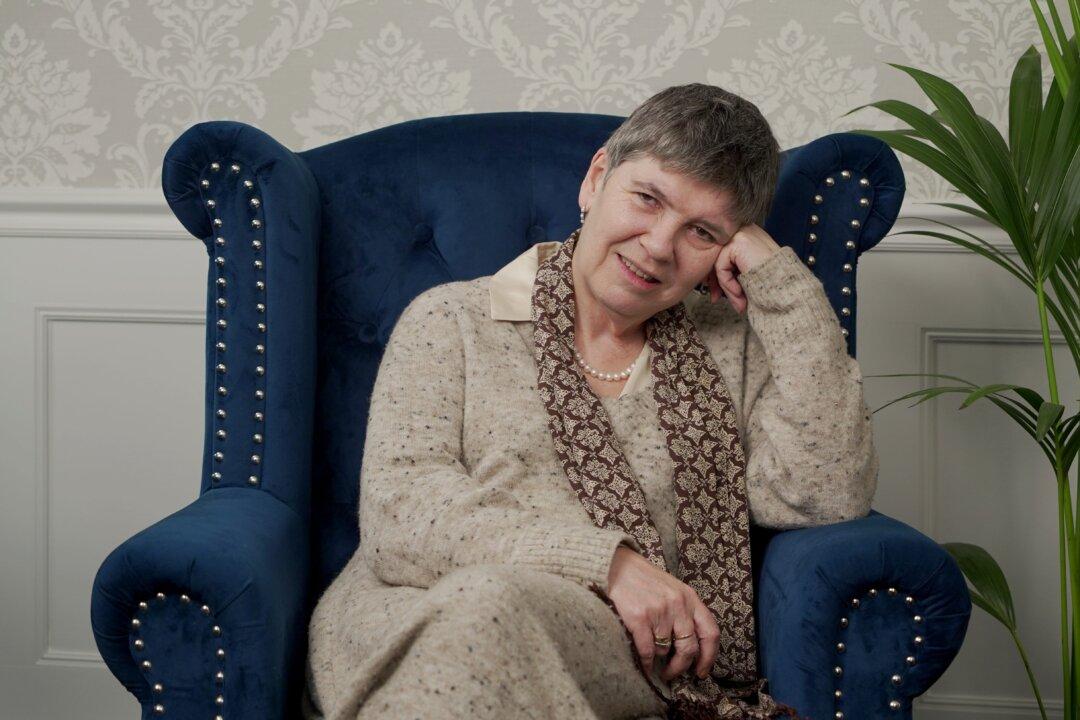Cancel culture is having a “chilling effect” on free speech, Baroness Claire Fox has warned.
The author and politician described the growing clampdown on dissenting voices as “censorious.”

Cancel culture is having a “chilling effect” on free speech, Baroness Claire Fox has warned.
The author and politician described the growing clampdown on dissenting voices as “censorious.”